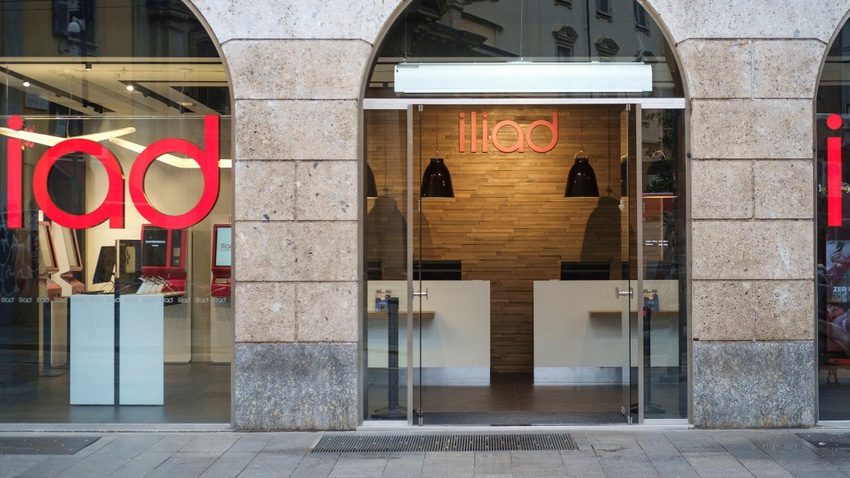Eurobites: Iliad takes 19.8% stake in Tele2
Also in today's EMEA regional roundup: BT switches off 3G; Proximus earnings; here comes the Barbiephone; Telefónica gets haptic.

Iliad, the French operator owned by opportunistic billionaire Xavier Niel, has agreed to take a 19.8% stake in Sweden's Tele2 for 13 billion Swedish kronor (US$1.26 billion), Reuters reports. The stake will be bought from investment company Kinnevik, the largest shareholder in Tele2. Niel isn't one to think small: In September Iliad announced a bold plan to become a regional AI champion, promising to splash €200 million ($217 million) on a range of projects, including a cloud supercomputer powered by Nvidia.
BT has hammered home the final nail of its 3G coffin, switching off the last 3G site on its EE mobile network, in Belfast. EE began its nationwide 3G switch-off in early January, and since then has retired the aging technology at more than 18,000 sites. The closure of the Belfast site brings an end to more than 20 years of 3G for the operator.
Underlying group EBITDA (earnings before interest, tax, depreciation and amortization) at Belgium's Proximus fell 1.6% year-over-year in 2023, to €1.75 billion ($1.89 billion), on revenue up 2.2% to €6.04 billion ($6.55 billion). BICS, the operator's international services arm, suffered a 7.2% fall in its underlying full-year revenue, a slump attributed mainly to the loss of high-volume, low-margin legacy voice services. Fixed-voice subscriptions were predictably down (by 8.8%) over the course of the year, though so were TV subscriptions (by 2.1%). The number of homes passed by Proximus' fiber network increased by 36.3% over the course of the year, to 1.74 million.
Finland's HMD Global – which owns the rights to the Nokia smartphone brand – is to release a "Barbie phone" in the summer, courtesy of an agreement with Mattel, which makes the doll-turned-movie-star. All will be revealed at this week's Mobile World Congress (MWC) in Barcelona, but apparently it will be a retro affair, a feature phone that, according to HMD, "will flip the script on smartphone culture and will be this summer's hottest accessory."
Nokia has committed to reducing its total global greenhouse gas emissions to net zero by 2040, bringing its previous target forward by ten years. It has also "doubled down" on its promise to halve its emissions across the Scope 1, 2 and 3 environmental protocols by 2030.
Telefónica is using MWC to unveil its Edge Haptic Arena, an immersive gaming platform which uses said haptic technology to bring touch-related sensations into what looks like a Wii-type virtual reality game. The platform uses Nvidia's cloud for the rendering or creation of images, executed in edge computing centers connected to the operator's network.
European smartphone shipments declined 3% year-over-year in Q4 2023, according to a new study from Counterpoint. While this doesn't sound great, the research firm points out that it is much less severe than the 24% drop registered in Q4 2022. China's Oppo had a particularly rough time of it, seeing a 59% year-over-year decline, while Samsung slipped by 10% and recorded its lowest Q4 shipments since 2015.
More than three-quarters of enterprises lack sufficient voice and messaging fraud protection as AI-powered voice- and SMS-related phishing skyrockets following the launch of ChatGPT, says a new global study from Sweden's Enea. Indeed, since the high-profile launch of ChatGPT in November 2022, Enea reckons such attacks have increased by a quite scary 1,265%.
About the Author(s)
You May Also Like












